Fabic Fact Sheets
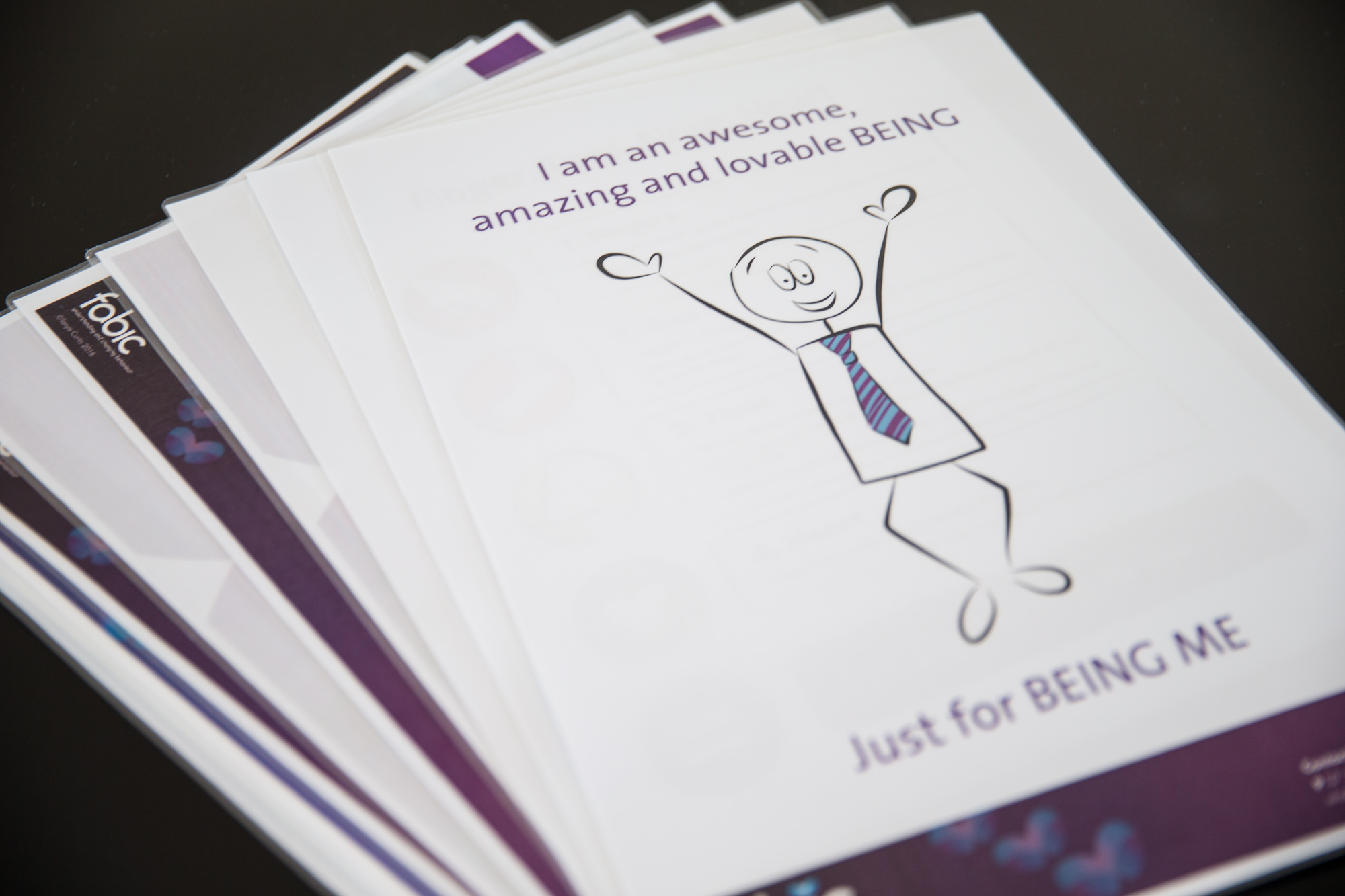
The FABIC Fact Sheets comprise a series of informative articles covering many topics that bring more understanding to areas that many would greatly benefit from knowing more about. In particular, these relate to parenting and raising children, to bullying and its effects and to anxiety.
These fact sheets also highlight how support can be offered to people showing signs of difficulty in these areas of life.
If you have other topics you would like added, please feel free to submit your requests and we will endeavour to add content that meets what you are after.
Be sure to subscribe to the FABIC newsletter for updates on all things FABIC.
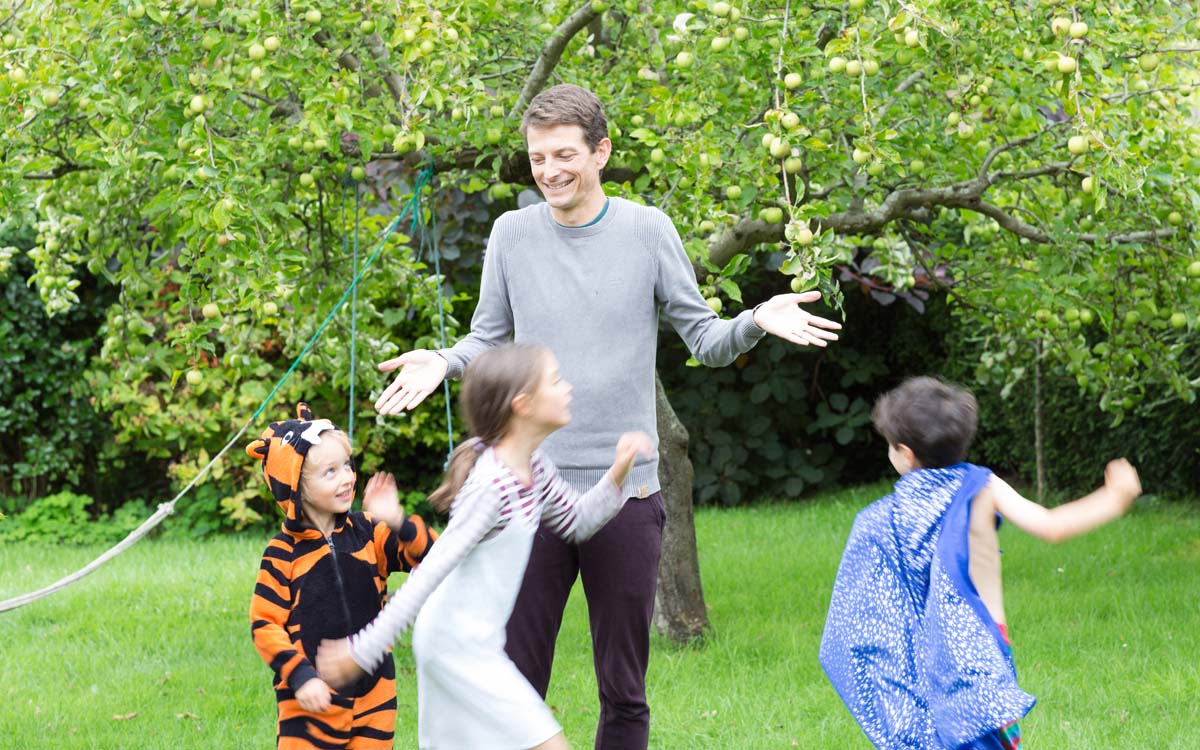
Dressing
Did you know that your child’s ability to dress depends on their ability to:
- know where their bodies are in space and how body parts relate.
- coordinate movements of their limbs.
- manipulate clothing and fasteners.
- choose appropriate clothing.
- stabilise themselves whilst reaching and bending.
- organise and remember the steps of dressing.
- distinguish between right and left sides of their body.
- differentiate the front and back of clothing.
- tolerate certain textures and fabrics.
Certainly a lot more than most realise!
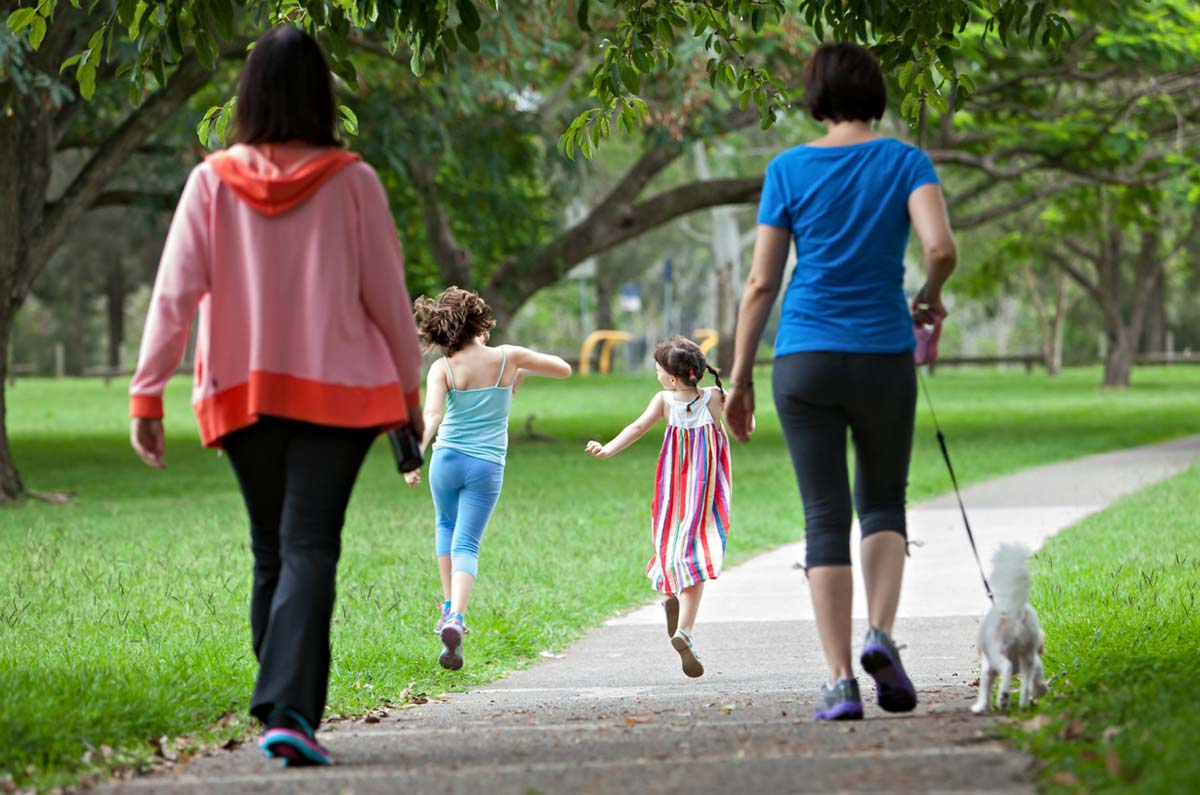
Gross Motor Skills
Gross motor skills are physical skills that require whole-body movements, which involve the large core muscles of the body to perform functions such as:
- sitting
- walking
- standing
- running
- jumping
These skills set the foundation for more complex and specialised skills.
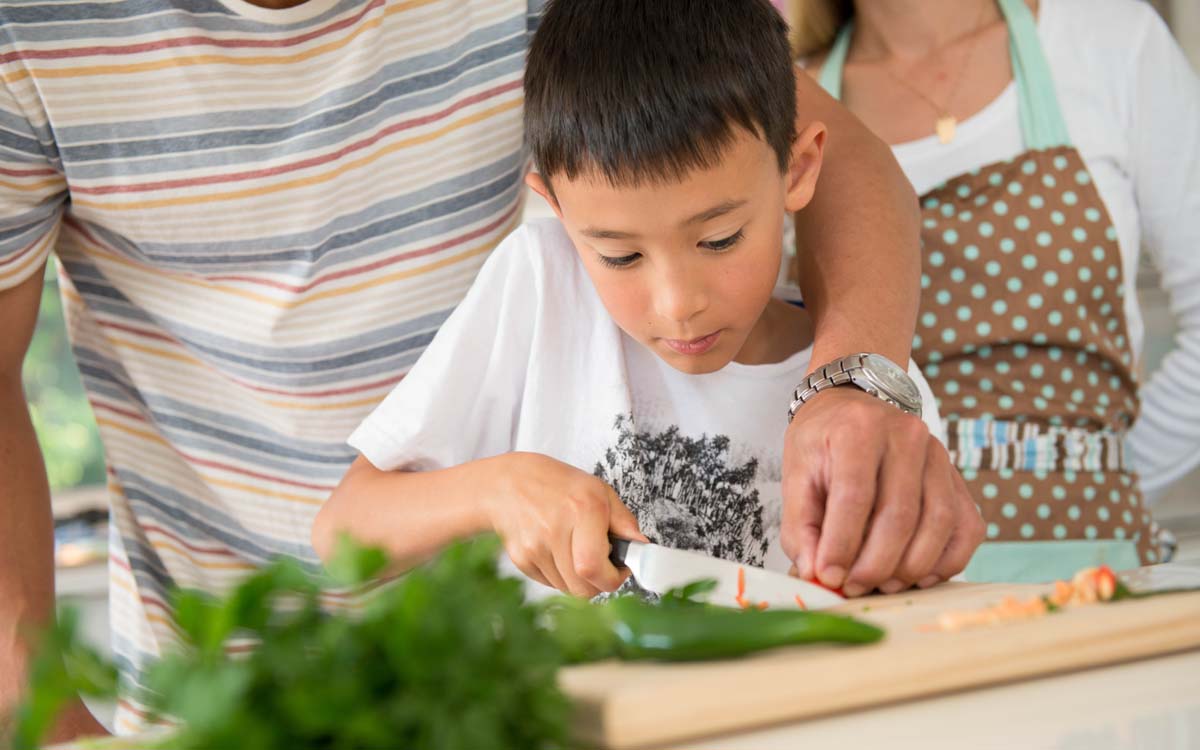
Fine Motor Skills
Fine motor skills involve the use of the smaller muscles of the hand such as when your child uses pencils and scissors or ties their shoelaces.
Difficulties with these skills can compromise your child’s performance at school, confidence and independence in life skills like getting dressed or feeding themselves.
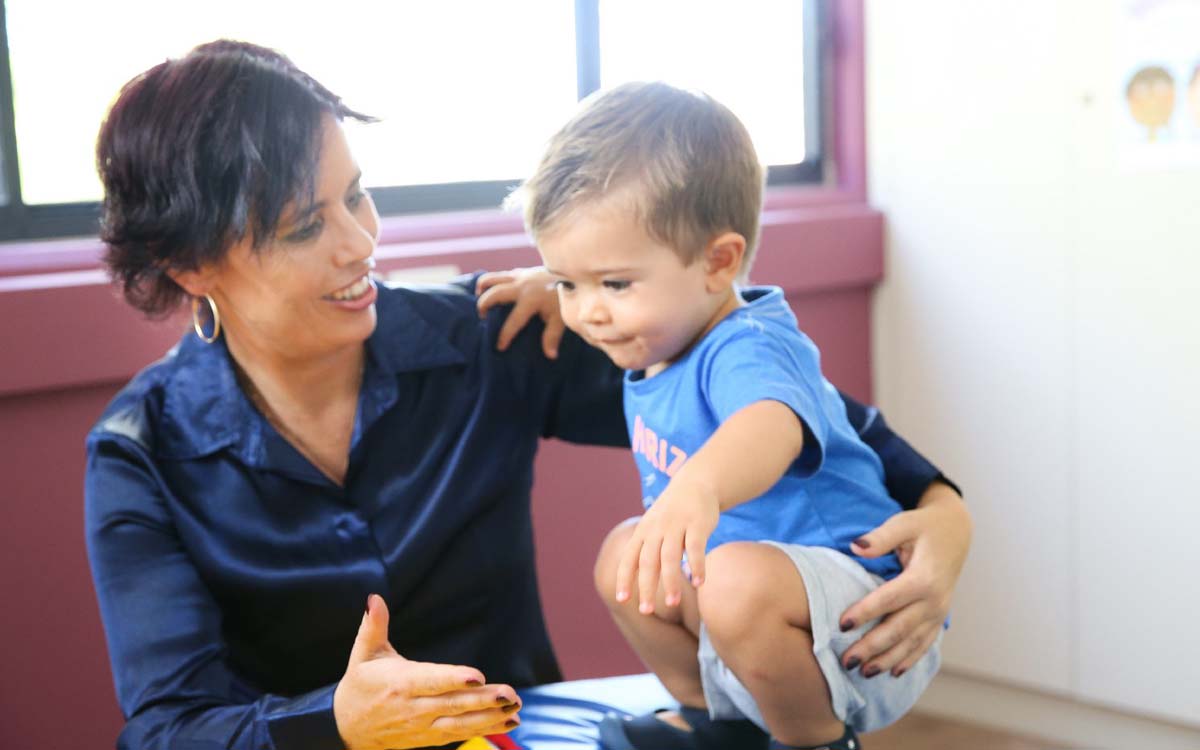
Toileting
The learning of toileting skills will vary widely among children.
Most children learn to control their bladder and bowel by 18 months of age. Around this age, children will typically show an interest in toilet training. Bowel control usually is attained before bladder control and girls generally attain independence a few months before boys.
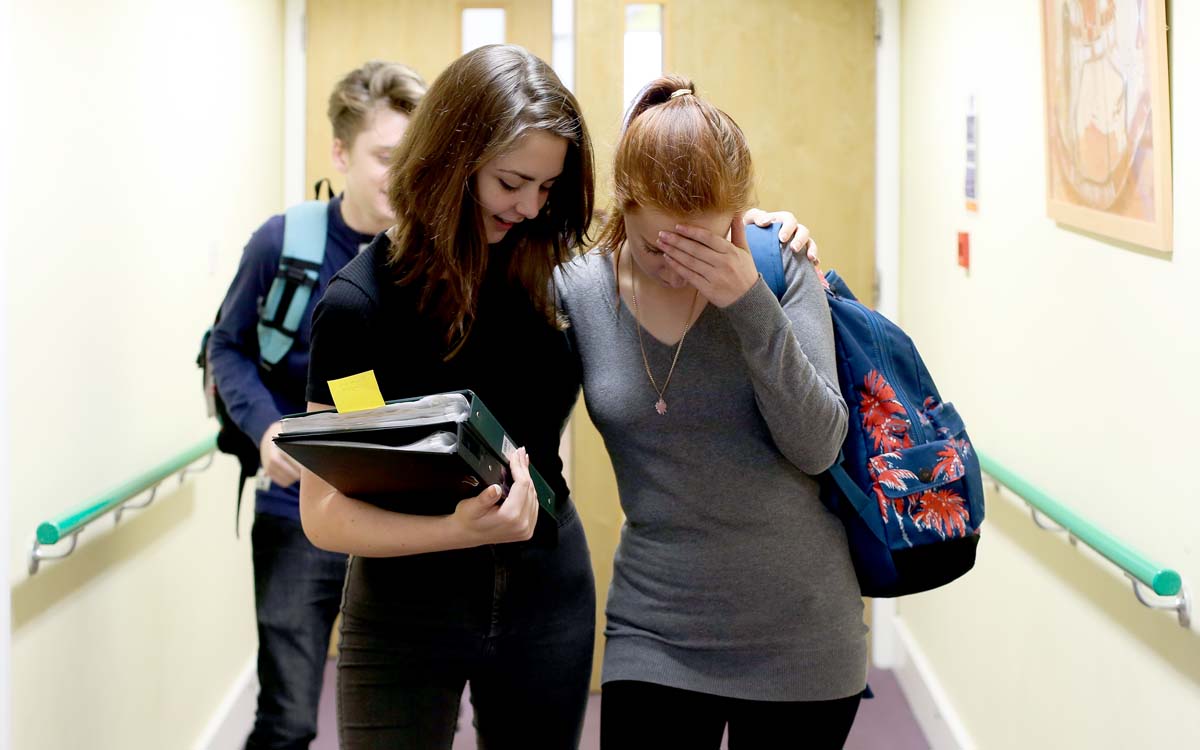
Bullying
The patterns of behaviour a person develops today are likely to be the patterns that are repeated throughout their life.
This means if we learn today to:
- Present as a victim … it’s likely you will also present as a victim as an adult
- Present as a bully … it’s likely you will also present as a bully as an adult
- Take responsibility for your behaviours today … it’s likely you will learn to take responsibility for all aspects of your life in the future and therefore positively influencing your future roles in life … your work, your future relationships, partners, parenting, community involvement, how you feel about yourself .. the examples are infinite!
After all, we are all responsible for our own behaviour and our own outcomes in life. We are unable to change the behaviour of another person but we can change our own response and behaviours we choose to use!
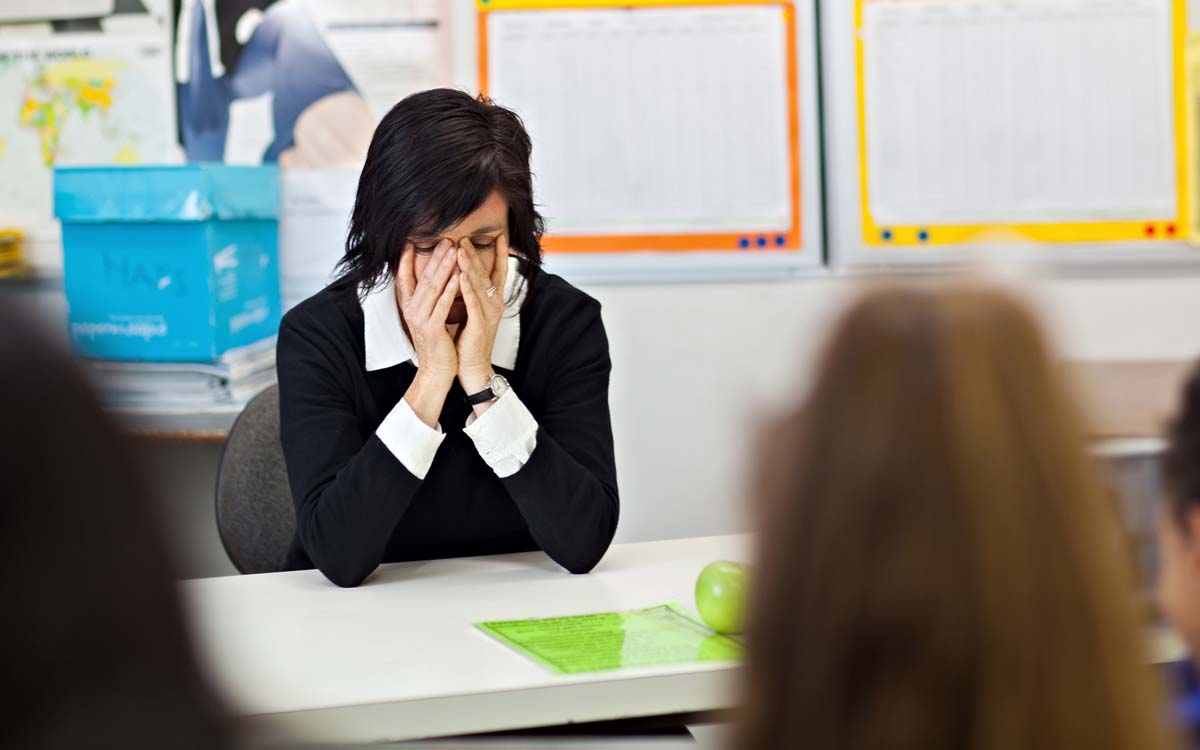
Understanding Anxiety
We hear the word anxiety and for most a picture pops up of what anxiety looks and/or feels like. The picture is different for many.
For some, anxiety may look or feel like:
- A panic attack
- Heart palpitations
- Excessive sweating
- Redness in face and neck
- Shallow breathing
- Claustrophobia
- Difficult to function in day-to-day life
- Not coping
- Heart racing
- Sweating
- Clamming palms
- Feeling small like you don’t exist
- Tantrums
- Refusal to leave the house
- Refusal to participate in a difficult task
- And many many more…
To combat anxiety is to embrace each life-lesson as an opportunity … an opportunity to self-master life and all that it presents …